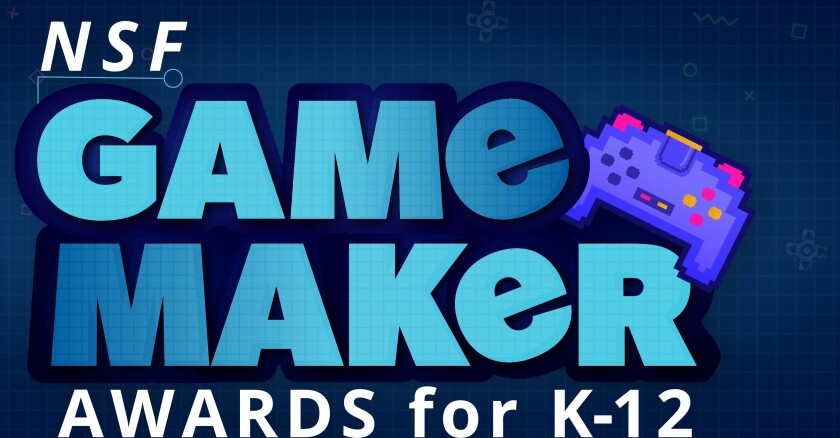Launched last week by the U.S National Science Foundation (NSF), the contest invites students to ponder what the world might look like 75 years into the future, basing their games on the theme “Life in 2100.”
It's a nod to the 75th anniversary of NSF in spring 2025, which is when the winners of the competition will be announced.
Guidelines for the NSF Game Maker Awards state that future innovations in science and technology should be central to each game, along with one or more NSF-suggested focus areas, such as astronomy and space, Earth and the environment, or facilities and infrastructure.
“The NSF Game Maker Awards challenge young minds to unleash creativity and sharpen technical skills while exploring STEM concepts,” NSF Director Sethuraman Panchanathan said in a public statement. “By sparking their imagination and interest for STEM at an early age, we aim to nurture future innovators who will drive scientific and technological advancements.”
Teams of up to five students ages 5 to 18, each with an optional mentor, can register to compete. NSF provides a host of resources based on the age and experience level of each team. These include game ideas, development platforms, guides and tutorials.
Entrants have until Jan. 31 to submit their video game designs. The $100,000 in prize money will be split among winning teams, with each team eligible to receive up to $7,500 in various award categories.
“This initiative empowers the next generation through video game design, reflecting our commitment to making STEM education engaging and accessible,” Panchanathan said in the statement.









